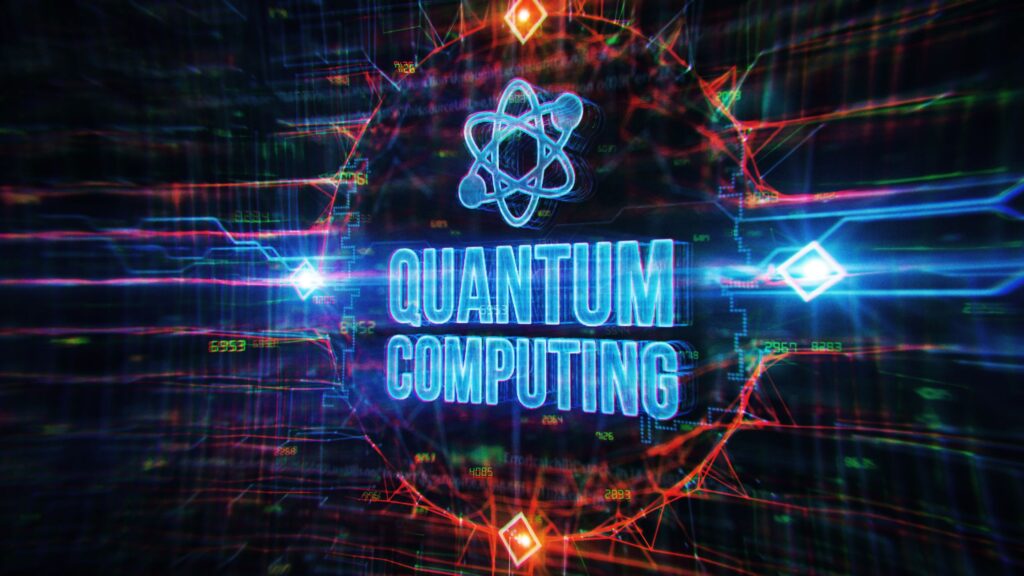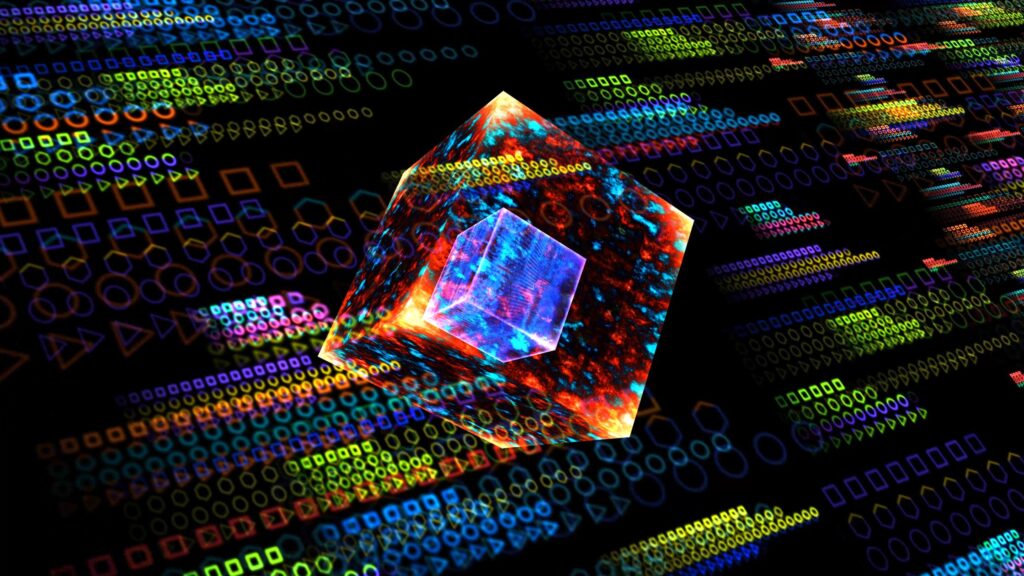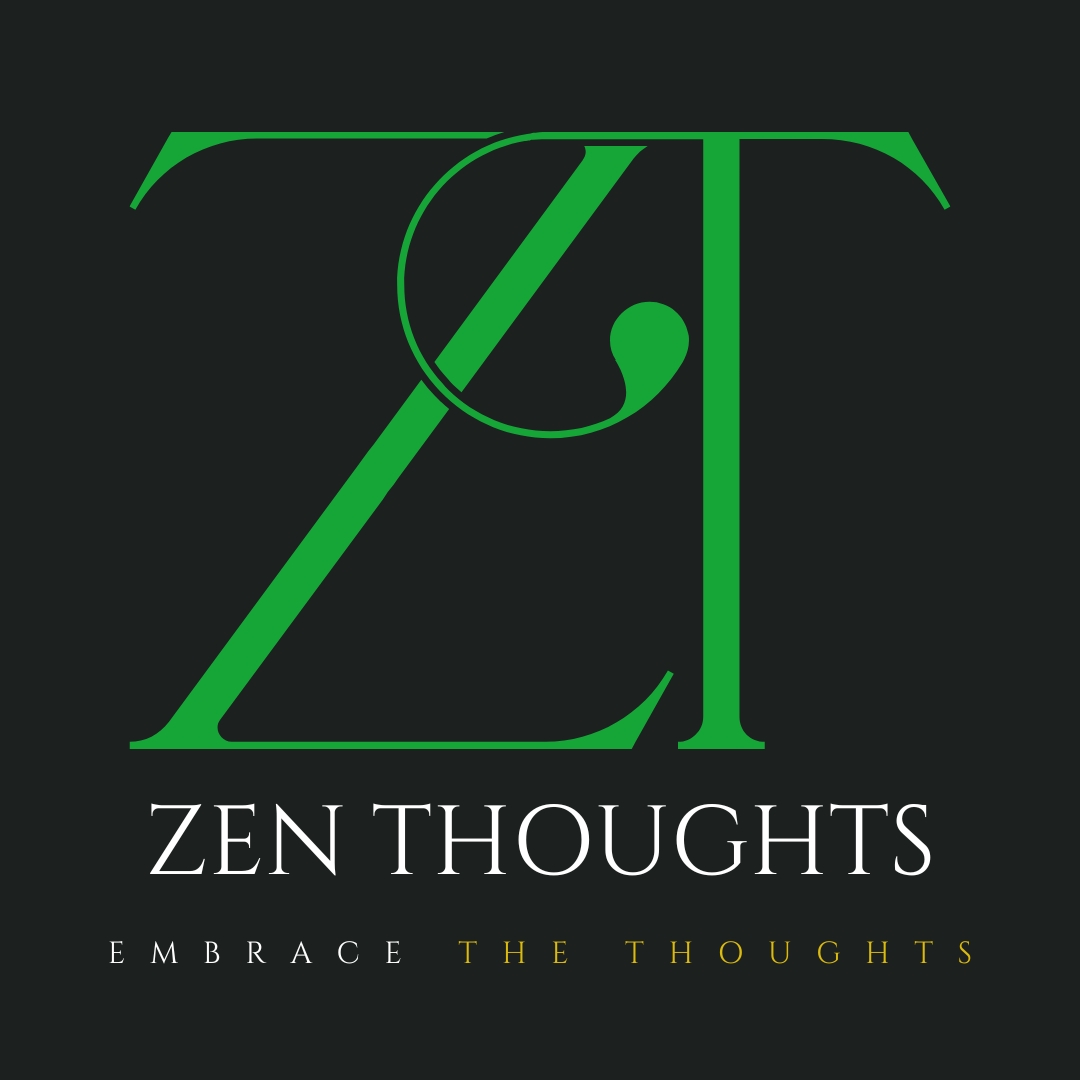Difference Between Classical and Quantum Computing: A Simple Guide
The difference between classical and quantum computing is one of the most fascinating topics in modern technology. Understanding this change is more important than ever as we proceed. You will learn the basics in an understandable way from this article. Whether you are a student, a tech enthusiast, or just curious, this guide will help you understand the key ideas.
What Is Classical Computing?
For many years, we have been using classical computing. These days, most servers, as well as your laptop and smartphone, use this model. Conventional computers process information in bits. Bits may be zero or one. From emailing to video editing, these elements collaborate in a number of ways to accomplish any task.
Classical computers use logic gates and electrical signals. They give thorough instructions, follow exact rules, and are very trustworthy. Every task is broken down into smaller steps. These systems excel at handling both easy and difficult tasks. However, they start to falter when confronted with incredibly complex problems or large amounts of data.
What Is Quantum Computing?
Quantum computing is very different. The peculiar laws of quantum mechanics, the science that explains how atoms and other small particles behave, serve as its foundation.
Qubits, as opposed to bits, are used in quantum computers. A qubit can be both 0 and 1 at the same time. We call this superposition. Another feature is entanglement, which occurs when two qubits’ states—even those that are far apart—are interdependent.
Quantum computers can process data in multiple ways at once thanks to these features. They can therefore resolve some issues much faster than conventional computers. Quantum computer development is still in its early stages, though. They are not yet appropriate for everyday use, are expensive, and are complex.
Key Difference Between Classical and Quantum Computing
Let’s take a quick look at how classical and quantum computing differ from one another.
| Feature | Classical Computing | Quantum Computing |
| Data Unit | Bit (0 or 1) | Qubit (0, 1, or both) |
| Power | Grows linearly | Grows exponentially |
| Speed | Slower for large, complex problems | Much faster for certain tasks |
| Reliability | Very reliable | Still unstable, error-prone |
| Technology | Widely used | Still developing |
The way data is handled is the primary distinction between classical and quantum computing. Classical systems can be turned on or off like light switches. Quantum systems can be many different things at once, much like dimmer lights.

Why Is This Difference Important?
The distinction between quantum and classical computing will influence how industries develop in the future. Artificial intelligence, cryptography, and medicine will all undergo radical change. For instance:
- Drug discovery: Quantum computers can simulate molecules better than classical ones.
- Cybersecurity: They can break current encryption, but also create new secure systems.
- Optimization: They can solve hard puzzles in logistics and supply chains.
However, not all tasks will benefit. Watching a movie or typing a document won’t be faster on a quantum computer. That’s why classical computers will still be useful for many things.
How Far Are We from Quantum Computers?
Even though they sound amazing, quantum computers are still mostly used in laboratories. Companies such as Google, Intel, and IBM are working hard to improve them. These systems, however, require special conditions, like total seclusion and extremely cold temperatures.
For the foreseeable future, most real-world computing will continue to be classical. But eventually, both types of computers may work together. We get the best of both worlds in this way.
Can You Learn Quantum Computing?
Yes, but start with the basics first. Learn how conventional computers work first. Study mathematics and physics after that, especially as it pertains to quantum mechanics. Programming languages like IBM’s Qiskit can help you research this topic. Even a basic understanding will be useful to you later on.
The difference between classical and quantum computing may seem difficult at first. But once you understand the basics, it’s easier to stay up to date on the news, study the technology, or even plan your career around it.
Summary
To quickly review, the difference between classical and quantum computing comes down to:
- Classical computers use bits; quantum computers use qubits.
- Classical systems follow fixed rules; quantum ones use quantum mechanics.
- Quantum computers are better at certain problems but still developing.
This difference matters because it will lead to faster, more powerful, and more intelligent machines. But both types will likely coexist for years to come.

Final Thoughts
There are other differences between quantum and classical computing besides speed. It has to do with how information is handled and processed. Classical computing will continue to be essential for most tasks. Nonetheless, new discoveries in the domains of science, security, and problem-solving will result from quantum computing.
As both systems advance, they may work in tandem and offer more sophisticated solutions to today’s issues. The future is not just digital; it is quantum.
Explore Zen Thoughts, a developing knowledge base for inquisitive minds, for more approachable perspectives and instructional materials on technology, science, and contemporary advancements.
FAQs
Q1: Will quantum computers replace classical computers completely?
No. Not all tasks are better performed by quantum computers. For routine tasks like browsing and writing, traditional computers will continue to be utilized.
Q2: Are quantum computers available to the public?
Not for domestic use yet. However, cloud platforms like IBM Quantum provide researchers and businesses with access to some quantum systems.
Q3: Can anyone learn quantum computing?
Indeed. Basic knowledge of programming, physics, and math is beneficial. Nowadays, there are a lot of beginner-friendly resources on the internet.
Disclaimer
The purpose of this article is to give a basic understanding of the distinctions between quantum and classical computing. It makes some difficult subjects easier to understand. Always consult thorough sources or professional advice when using them for academic or technical purposes.





